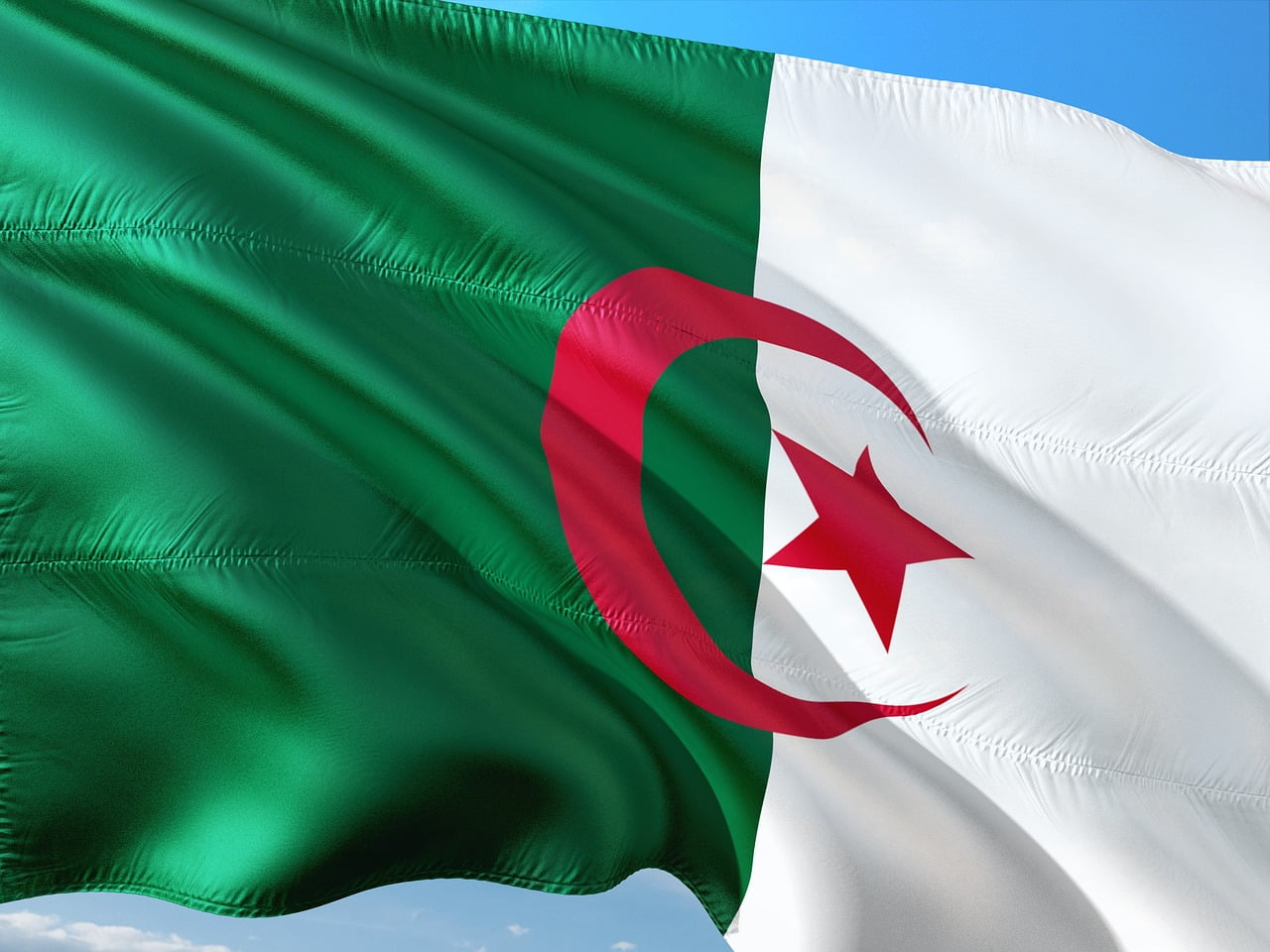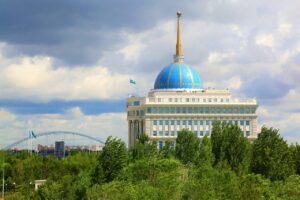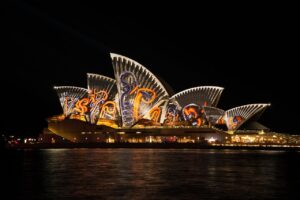Algeria, with its rich history and cultural diversity, is home to Algerian Sign Language (LSA), a vital means of communication for the deaf community in the country. LSA, a visual-gestural language, has played a significant role in fostering inclusivity and providing a platform for communication among individuals who are deaf or hard of hearing.
Origins and Evolution
LSA, like many sign languages, has evolved organically within the Algerian Deaf community. Its roots can be traced back to indigenous sign systems used among deaf individuals in Algeria. Over time, these sign systems amalgamated, giving rise to LSA with its own grammar, syntax, and lexicon. LSA has adapted to reflect the culture and linguistic diversity of Algeria.
Usage and Community
Estimates suggest that tens of thousands of individuals in Algeria use LSA. This community includes individuals who are deaf or hard of hearing, as well as their families, friends, and educators who learn LSA to facilitate communication. LSA serves as a vital tool for accessing education, employment, and social interactions, contributing to the empowerment of the deaf community.
Standing with the Government
As of the last known update, LSA has yet to receive official recognition as a national language in Algeria. However, there have been initiatives by governmental and non-governmental organizations to support the deaf community. Efforts include incorporating LSA into educational curricula and providing sign language interpretation services in certain public institutions. Despite these efforts, there’s ongoing advocacy for the official recognition of LSA to strengthen its status and ensure better access and rights for the deaf population.
Challenges and Progress
Challenges persist in achieving full accessibility and integration for the deaf community in Algeria. Limited availability of qualified sign language interpreters, insufficient educational resources in LSA, and societal barriers contribute to these challenges. Nonetheless, various organizations and individuals dedicated to promoting LSA continue their efforts to address these obstacles and raise awareness about the importance of sign language.
Cultural Significance
LSA isn’t solely a communication tool; it embodies the cultural identity and heritage of Algeria. Deaf cultural events and gatherings often feature storytelling, performances, and artistic expressions in LSA, showcasing the richness and depth of this unique form of communication. These events serve as platforms for both the deaf and hearing communities to appreciate and engage with LSA’s linguistic and cultural nuances.
Interesting Facts
- LSA shares some similarities with other sign languages in the region, such as Moroccan Sign Language (MSL), due to historical influences and regional connections.
- Efforts are ongoing to create more educational materials and resources in LSA to enhance learning opportunities for the deaf community.
- Deaf advocacy groups and individuals in Algeria actively participate in advocating for their rights and promoting awareness about LSA.
Future Outlook
As Algeria continues its journey toward progress and development, there’s optimism for the future of LSA. Increased awareness, educational initiatives, and technological advancements, such as digital learning platforms and improved access to interpretation services, hold promise for enhancing accessibility and recognition of LSA in various spheres of society.
In summary, LSA stands as a testament to Algeria’s commitment to inclusivity and linguistic diversity. Its further recognition and integration into societal frameworks will undoubtedly contribute to a more inclusive and equitable future for the deaf community in Algeria.



